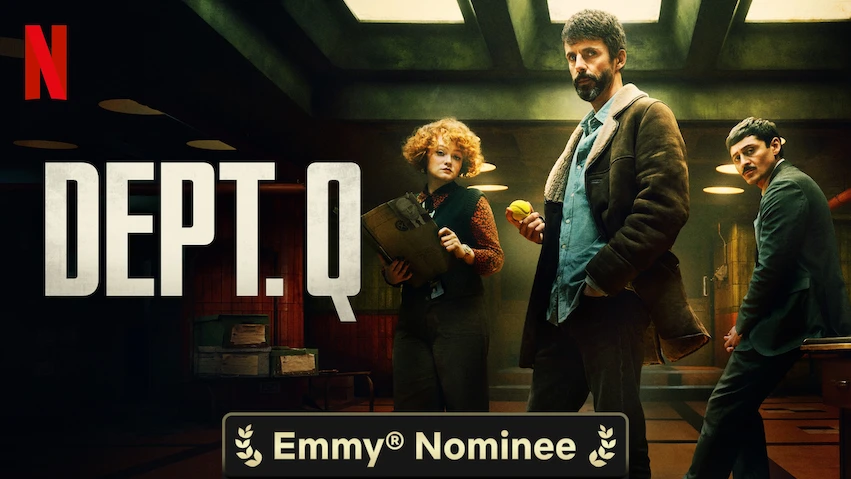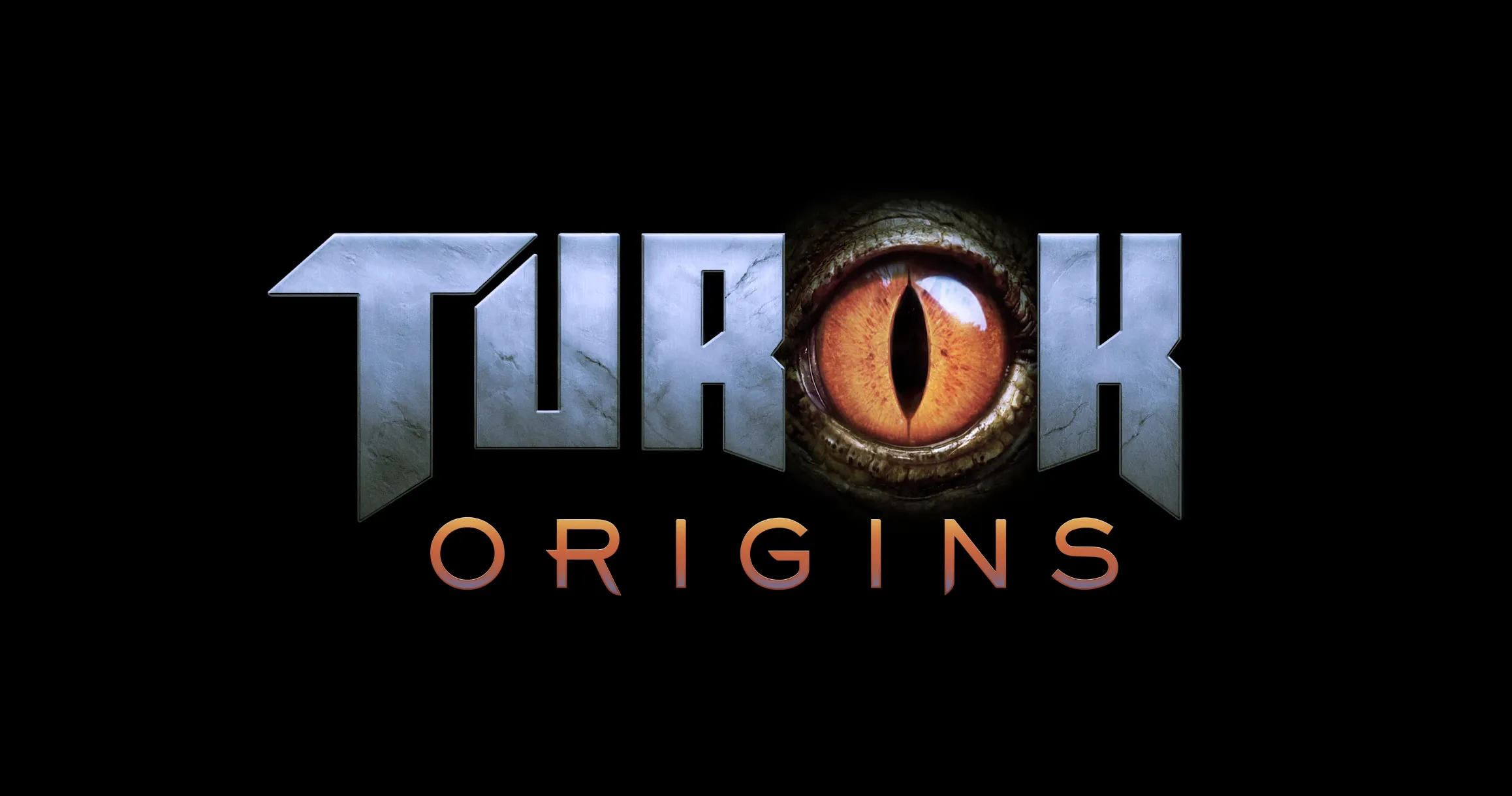Almost Family, the 2019 drama series from FOX, opened with a shock: a respected fertility doctor, Leon Bechley, had inseminated dozens of women with his own sperm without their consent. This unsettling revelation forms the heart of a show that aimed to explore themes of family, identity, and moral consequences—but ultimately struggled to balance its tone.
The story centers around Julia Bechley (played by Brittany Snow), Leon’s daughter, who suddenly learns she has potentially hundreds of half-siblings. Among them, she reconnects with two women: Edie Palmer (Megalyn Echikunwoke), a former friend and tough lawyer, and Roxy Doyle (Emily Osment), a former Olympic gymnast dealing with a fall from grace. Together, they navigate the emotional minefield of their unexpected connection and confront the man who shaped—and shattered—their lives.
While the premise is bold, many viewers and critics felt the show downplayed the disturbing reality of fertility fraud. Instead of treating the situation as a serious violation, Almost Family often leaned into drama and light-hearted moments, creating an uncomfortable clash in tone. It also faced backlash for focusing on the relationships between the newfound siblings while ignoring the trauma suffered by the mothers involved.
The show only lasted one season, canceled after 13 episodes due to low ratings and controversy surrounding lead actor Timothy Hutton. However, the premise left many loose ends and a foundation that could have grown stronger with better writing and direction.

Had Almost Family returned for a second season, it could have taken a more mature and dramatic turn. Julia might have stepped up as an advocate for the victims, taking on her father legally and publicly. Edie, with her legal background, could lead a class-action lawsuit on behalf of the affected families. Roxy, struggling with fame and trauma, might have found healing by mentoring other young women.
Season 2 could also dive deeper into the stories of other half-siblings across the country—exploring how the truth upended their lives in different ways. Ethical dilemmas, identity crises, and even questions of inheritance and legacy would give the story a deeper emotional core.
Though Almost Family faltered in its execution, its concept offered rich material for deeper storytelling. If reimagined with a more respectful tone and focus on real consequences, it could have transformed into a powerful series about the meaning of family, trust, and healing. Instead, we’re left with a show that started with a bang—but ended before it found its true voice.


